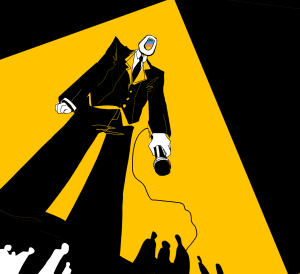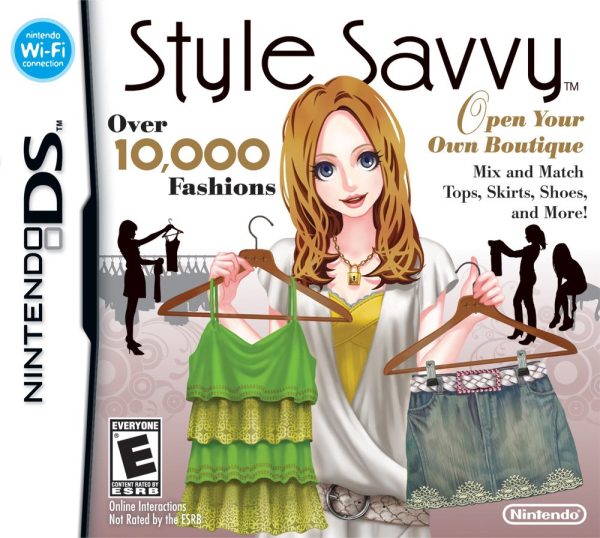Who wins?
Looking back, and forward
October 17, 2014
When I started my career in executive search I thought my job was to fill positions with candidates who met the criteria of the job specifications and the position description. About a week into my first project I realized that that was wrong. Over time I discovered that there was always a plethora of “qualified” candidates. My job was to sort through these folks and find “the one.” Most of my clients told me to pay less attention to the position description and job specifications and to focus on finding people who were 1) leaders and 2) promotable.
I was clueless. Fortunately, I had an instinct for picking finalists and a keen sense of who would bring more to the position than what the company required. I did not, however, know how I was making these distinctions. I only knew that the hires I referred to my clients worked out very well. My clients were very satisfied and I prospered.
Then it happened one day that a particularly demanding client, one who was particularly fun to work with, asked me, “How did you sort out these candidates? What was your real reason for recommending so strongly one over another?” I told him the truth, namely that I really did not know. That conversation started a collaboration that went on for several years. We found some unexpected correlations, early life experiences and circumstances that seemed to set up later life success.
What I am about to assert is not the result of a scientific study. We did not choose to hire the wrong candidate just to prove we had found something. What follows is what I observed from my limited perspective as a recruiter working with one very important client.
The most successful of the hires had some common experiences that had nothing to do with work.
1. Some had lived in a foreign country during their early years, pre-teen and early teen. They might have spoken a foreign language fluently.
2. Some had travelled extensively with their parents during their teen years—high school and college—in multiple foreign environments. They were not necessarily fluent in a foreign language, but they could make their way in a foreign culture. In some cases the foreign culture exposure was within the U.S., to parts of our country where they had not grown up.
3. Some had studied a foreign culture and its language extensively in college, usually as a minor or as an add-on.
They also had characteristics that did rise out of their work.
4. They all had an above average competence in their chosen field.
5. They all had early career advancement.
Looking back, I realize how perplexed we were. It was my client who saw the connection first. They all could handle themselves in any situation. They all could speak effectively and listen clearly in any environment. What they could do is distinguish the various subcultures of an organization and interact with those subcultures effectively, within their values, respecting their goals without sacrificing their own agendas. They could translate the needs of one subculture to another without loss of power. This made them very valuable in interdepartmental work groups.
They were sought out early in their careers. They became known to upper management. They were given the more challenging assignments. They prospered. Apparently they knew from their experience in foreign cultures that marketing, production, accounting, legal, engineering, etc. were fundamentally different cultures within the organization. So these “leaders” interacted with them as alien cultures.
As they rose in the organization they took these skills into the environment—to vendors, customers, regulators, the press, etc. They were able to hear the other’s story and tell their own story without creating division.
Breaking this down into actionable steps I think what these folks learned to do was to ask four questions:
1. How are those other folks similar to us?
2. How are they dissimilar?
3. How is that working out for them?
4. What can I do for them that will foster cooperation?
By this, it seems to me, they created great careers.
Ted Howard is retired from a career in Executive Search. He is a husband, a father, a dancer, a pilot, a golfer, a gardener and a student of Latin and Greek and their respective cultures at CWRU. He majored in English (BA) at Cornell and took an MBA at Clark. A good day includes a morning of Latin, an afternoon of golf and an evening of tango.






















